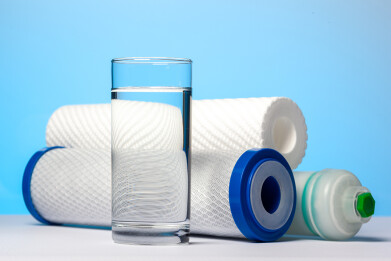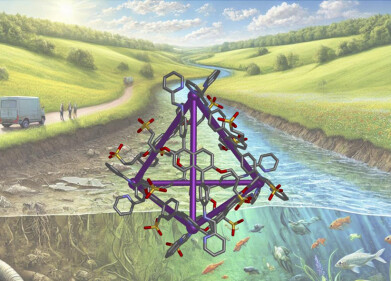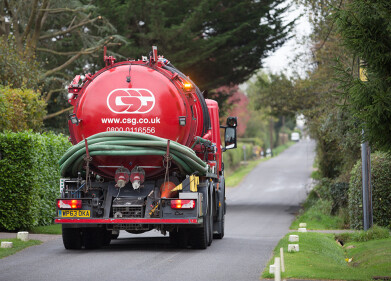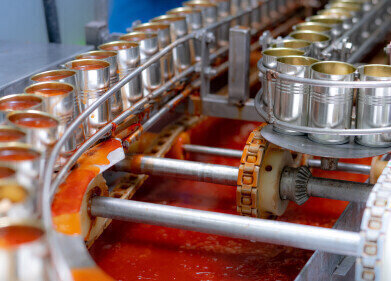Wastewater treatment
University of Bath develops sustainable plant-based nanofiltration membrane
Feb 07 2025
Membranes are essential to many everyday processes, from cleaning drinking water to treating sewage, processing food, and ensuring the safety of pharmaceuticals. Now, chemical engineers at the University of Bath have created a groundbreaking, sustainable nanofiltration membrane that stands apart for being the first to avoid the use of fossil fuel-derived materials or toxic solvents.
This innovative polyelectrolyte membrane (PEM) is made from two renewable plant-derived materials—cellulose and lignin—and has been proven to efficiently filter water dyes of various molecular weights, which serve as stand-ins for different pollutant sizes. The new membrane shows promise for applications such as water purification and wastewater treatment, offering an alternative to existing membranes that rely on fossil fuels in their production.
The research is detailed in a paper titled Lignin- and Cellulose-Derived Sustainable Nanofiltration Polyelectrolyte Membranes, published in ACS Sustainable Chemical Engineering (DOI: 10.1021/acssuschemeng.4c08611). Dr. Olawumi Sadare, a Royal Society Newton Fellow in Bath’s Department of Chemical Engineering and co-author of the paper, emphasised the environmental importance of this technology. "The potential of this membrane to reduce environmental impacts is especially important in light of upcoming EU regulations aimed at curbing the use of toxic solvents and proposed bans on fluorinated polymers in membrane manufacturing," she said. "Another key advantage of our membrane is its customisable thickness, which allows us to adjust its permeance characteristics, or how selective it is."
The membrane also demonstrated excellent stability and performance after being submerged in water for 30 days, highlighting its long-term durability. Professor Davide Mattia, co-author of the paper and a member of Bath’s Centre for Integrated Materials, Processes, and Structures, explained the broader significance of their work. "Chemical separations account for 10-15% of global energy consumption, and membranes are widely seen as a promising technology to reduce the carbon footprint of these crucial processes," he said. "While much of the focus has been on improving membrane performance, little attention has been paid to the environmental impact of their manufacturing. Today’s commercial membranes rely on toxic solvents and fossil fuel-based polymers, which not only emit carbon during production but also end up in landfills, as they cannot be recycled. Our approach prioritises sustainability in manufacturing while delivering a membrane with performance on par with commercial alternatives."
The research team, which includes Dr. Olawumi Sadare, Dr. Liana Zoumpouli, Prof. John Chew, Dr. Jannis Wenk, Dr. Bernardo Castro-Dominguez, and Prof. Davide Mattia, has applied for patent protection for their new technology and is working towards commercialising the membrane. Future research will focus on further testing its performance in water treatment applications, as well as its potential in removing harmful PFAS "forever chemicals."
The project is funded by the Royal Society and the UK EPSRC, and it represents a significant step forward in creating environmentally friendly alternatives to traditional membrane technology.
Events
Apr 21 2025 Shanghai, China
May 11 2025 Vienna, Austria
May 18 2025 Algiers, Algeria
23rd International Water Management Exhibition
May 20 2025 Prague, Czech Republic
Singapore International Water Week Spotlight 2025
Jun 23 2025 Singapore














